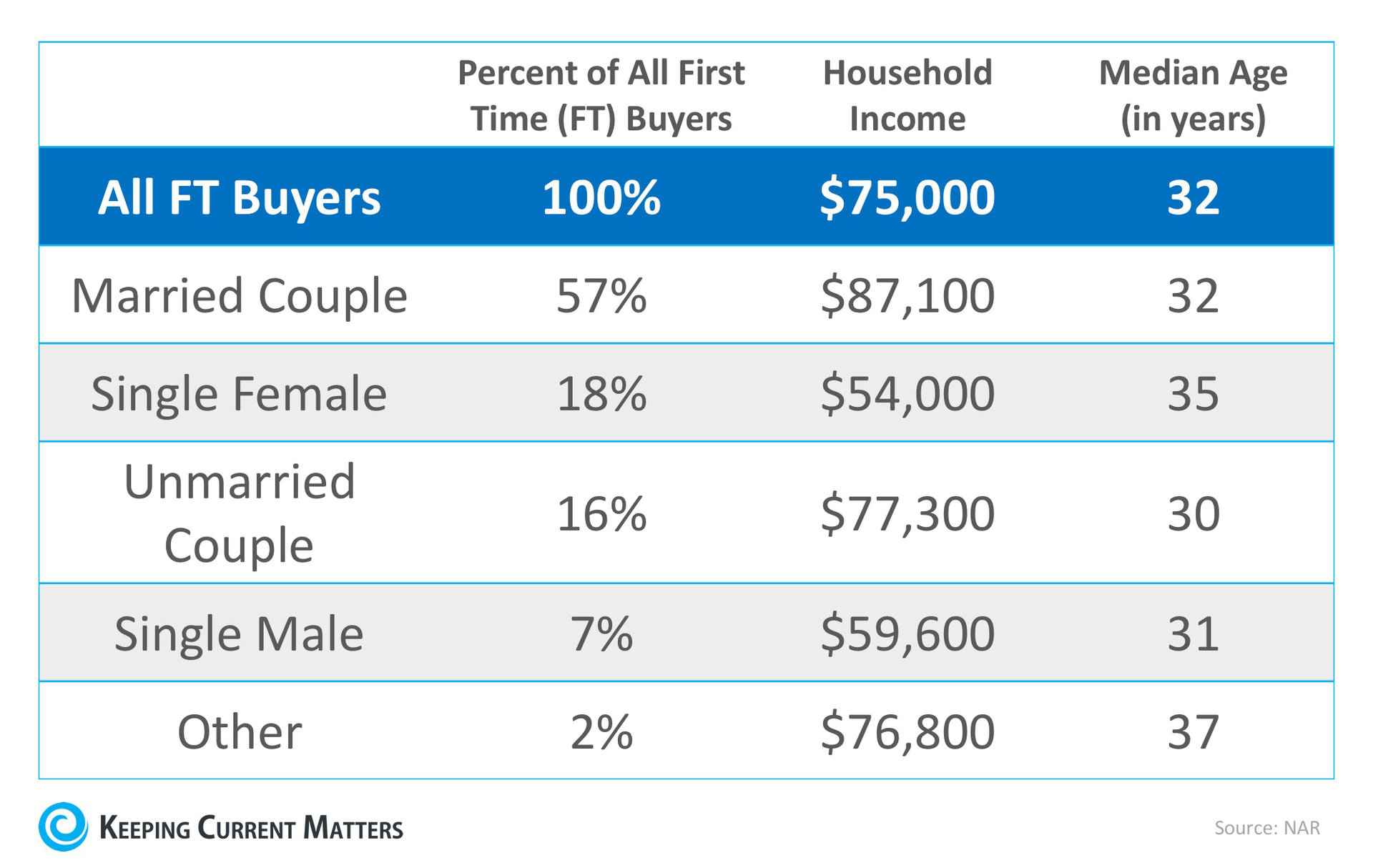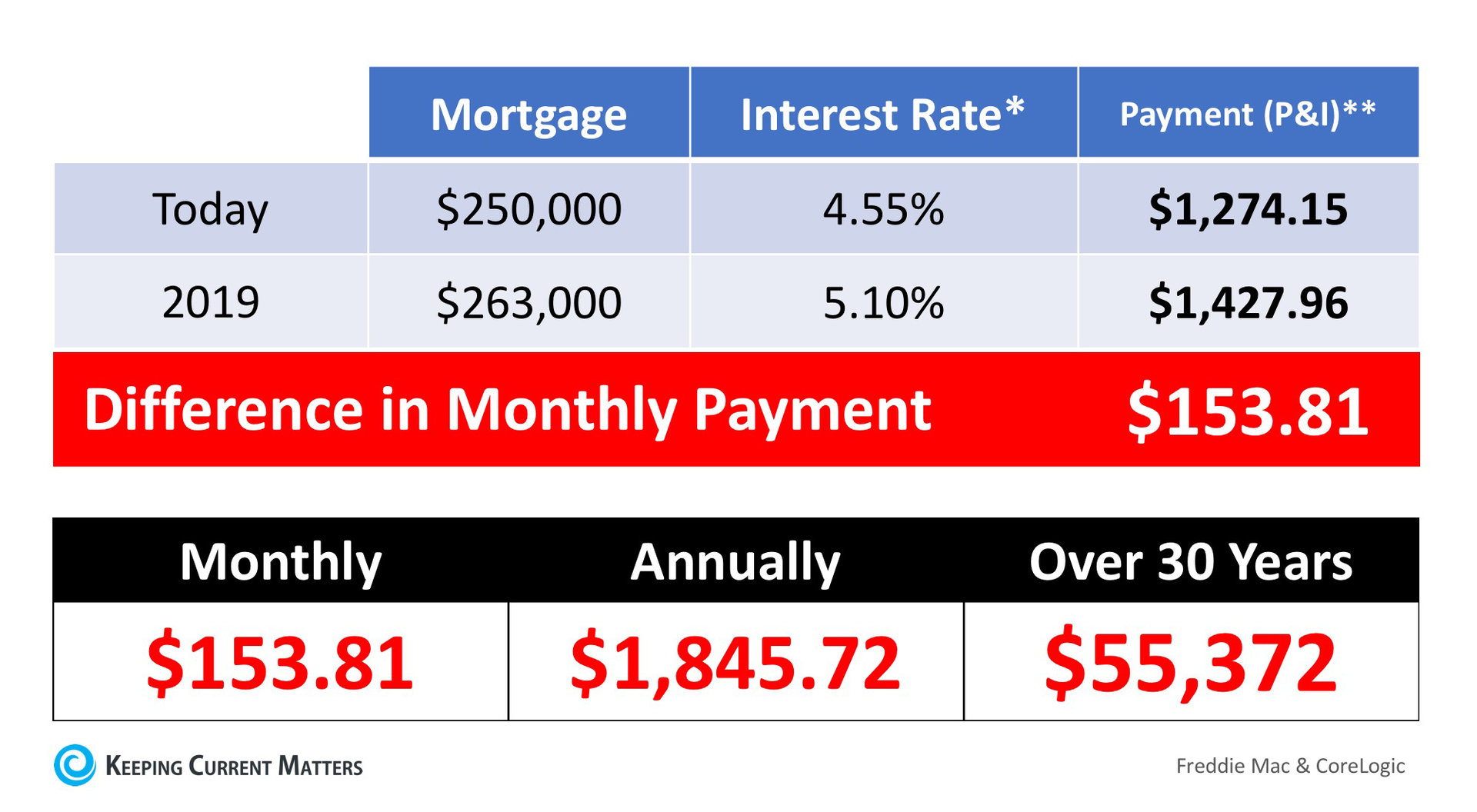When homeowners decide to sell their houses, they obviously want to get the best possible price for their home with the least amount of hassles along the way. However, for the vast majority of sellers, the most important result is actually getting their homes sold.
In order to accomplish all three goals, a seller should realize the importance of using a real estate professional. We realize that technology has changed a buyer’s behavior during the home buying process. According to the National Association of Realtors’ 2018 Home Buyer & Seller Generational Trends Report, the first step that “42% of recent buyers took in the home buying process was to look online at properties for sale.”
However, the report also revealed that 94% of buyers who used the internet when searching for homes ultimately purchased their homes through either a real estate agent/broker or from a builder or builder’s agent. Only 2% of buyers purchased their homes directly from a seller whom they didn’t know.
Buyers search for a home online but then depend on an agent to find the home they will buy (52%), to negotiate the terms of the sale (47%) & price (38%), or to help understand the process (60%).
The plethora of information now available has resulted in an increase in the percentage of buyers who reach out to real estate professionals to “connect the dots.” This is obvious, as the percentage of overall buyers who have used agents to buy their homes has steadily increased from 69% in 2001.
Bottom Line
If you are thinking of selling your home, don’t underestimate the role a real estate professional can play in the process.
Source: Keeping Current Matters | The KCM Crew 070318









